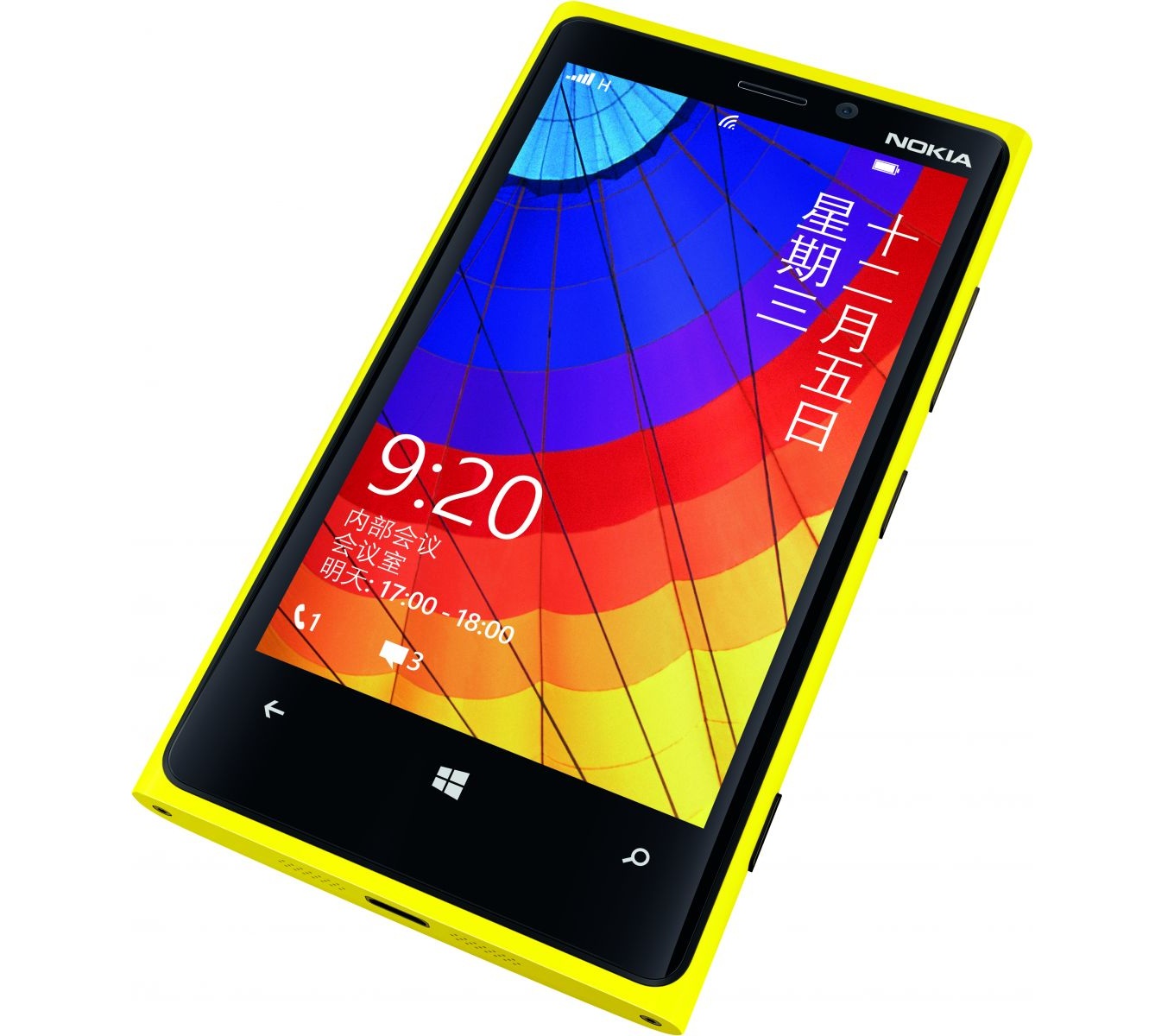
Nokia CEO Stephen Elop now becomes the odds-on choice for the top spot at Microsoft. The peripatetic Elop spent three years at Microsoft as the head of its business (Office) division before taking over at Nokia. He’ll be bumped down to executive vice-president now, until the acquisition by Microsoft is completed.
Elop did not create Nokia’s troubles, but he didn’t solve them either. According to Gartner Inc. (NYSE: IT), Nokia held a 14% share of the global mobile phone market at the end of the second quarter and sold nearly 61 million units, second only to Samsung Electronics which had a market share of almost 25% and sold more than 107 million units.
In terms only of smartphones, Nokia sells virtually all of the smartphones on the market that use Microsoft’s Windows Phone operating system. That amounted to 7.4 million units in the second quarter. The good news is that the number was up 83% year-over-year. The bad news is that Microsoft’s share totaled just 3.3% of the operating system market.
The 61 million Nokia phones shipped in the second quarter included nearly 54 million feature phones and the market for those is dropping quickly as cheaper smartphones come onto the market.
Elop’s main contributions to Nokia have been the original deal with Microsoft, the cost-cutting at Nokia, and the buyout of Nokia Siemens Networks from joint venture partner Siemens AG (NYSE: SI) for $2.2 billion. Not a lot of those achievements have a lot to do with selling smartphones, unless you consider that the company started with zero smartphone sales when Elop arrived.
Zero to 7 million isn’t nothing, but then, it isn’t not much either and the path for growth really doesn’t change much, no matter whether Nokia is independent or a division of Microsoft. Two China-based companies, Lenovo and ZTE, both sold more smartphones in the second quarter than did Nokia, and there are other Chinese companies, like Yulong and Xiaomi, that Microsoft/Nokia will have to contend with at the mid- to low-end of the market.
Nokia’s Elop has proved he could slow, if not stop the bleeding, at Nokia, and he managed to push a number of new products out the door. Microsoft paid for a substantial bit of the marketing for those products and once the deal for Nokia is completed the Redmond giant will have to spend a lot more than it has in the past if it is serious about carving out a space in the smartphone market.
So, no, Microsoft did not pay $7 billion for a new CEO, but Stephen Elop likely has the inside track to prove that Microsoft can make a profit in a business that the company has yet to make an appreciable dent in.
Thank you for reading! Have some feedback for us?
Contact the 24/7 Wall St. editorial team.





